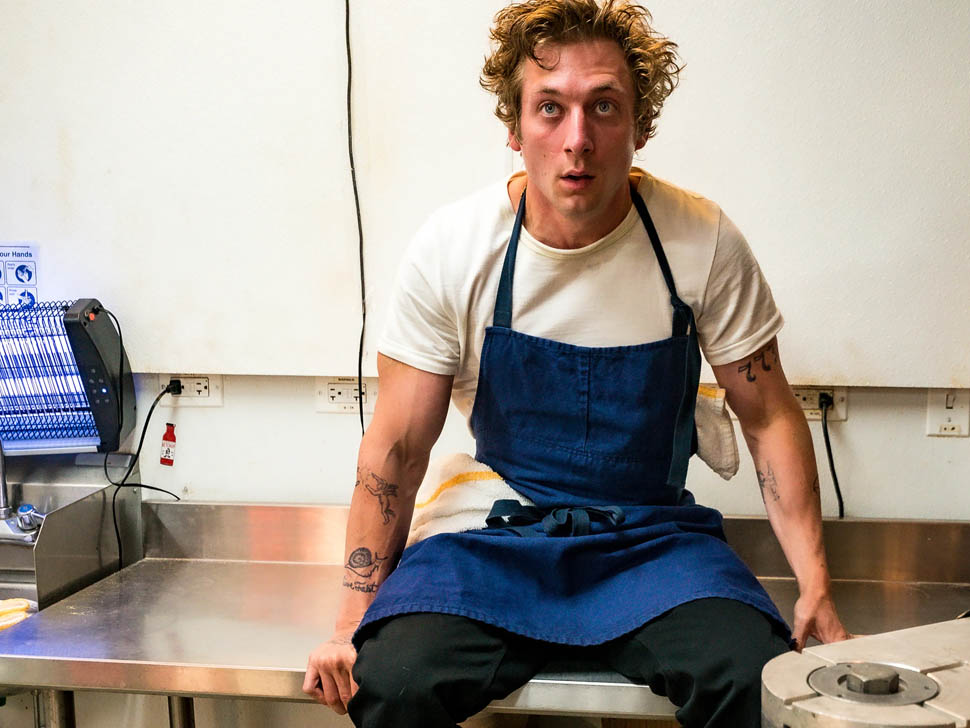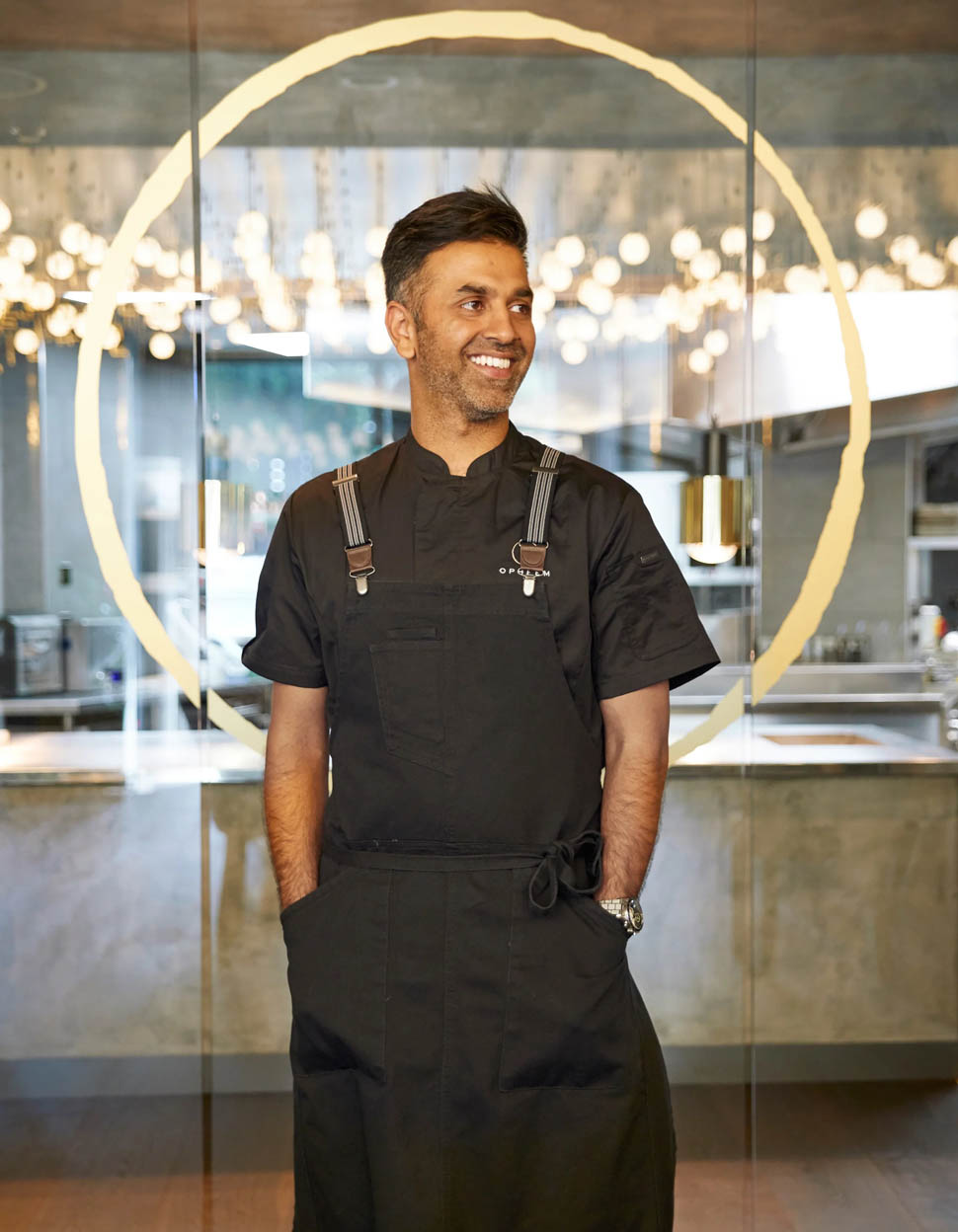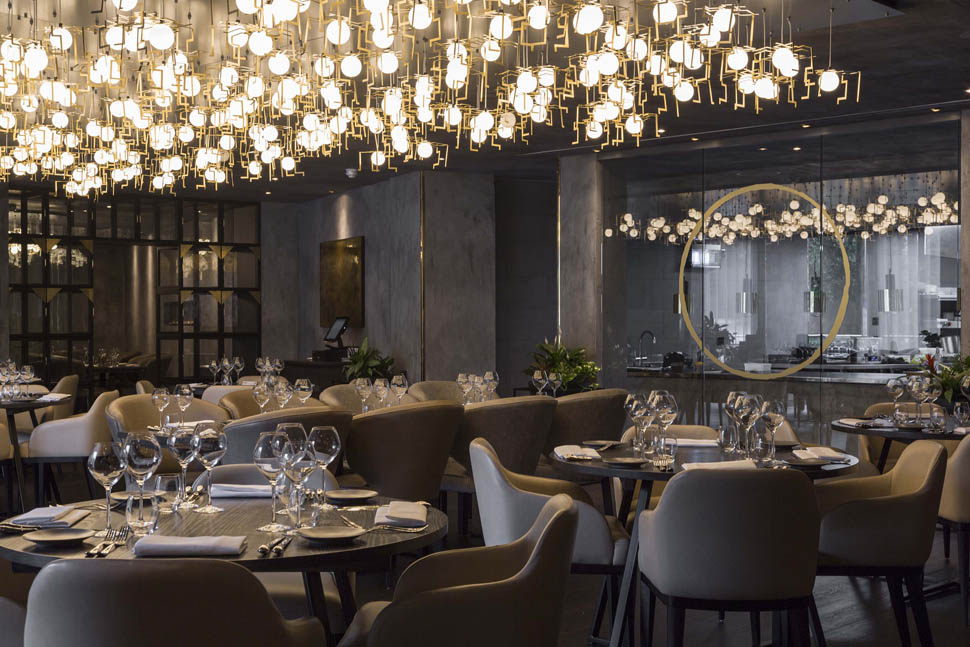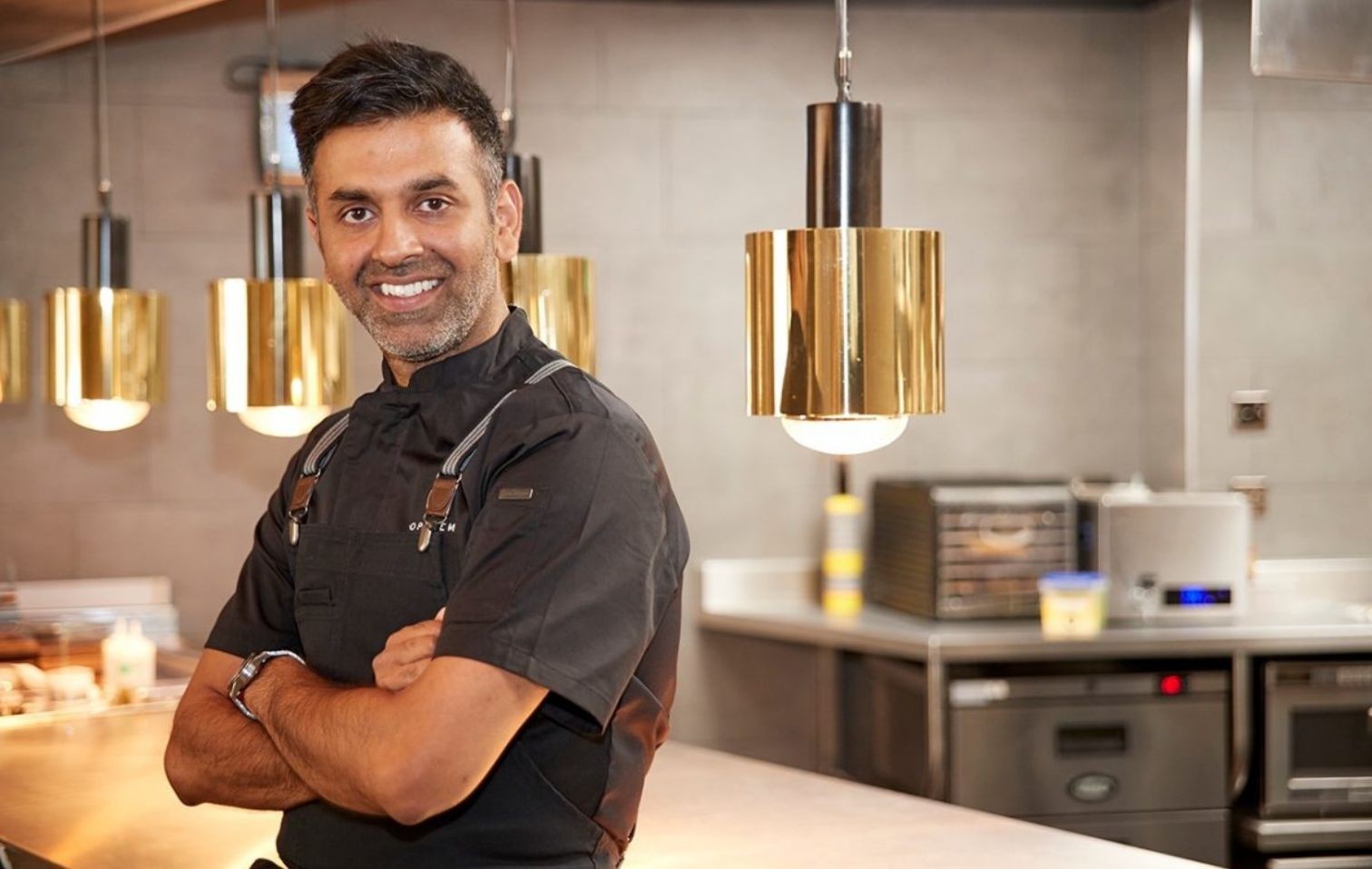Exhausting shifts? Some say enough, but others defend hard work in the kitchen, like Aktar Islam. The chef of the only Michelin-starred Indian restaurant outside London speaks candidly about the future of fine dining.
The opinion
Heavy eyes, burnt hands, and shattered nerves: this has always been the norm, it seems, for chefs working in the fine dining kitchens of the past. But a new generation of chefs claims that things are changing: no more grueling tasks, four-day workweeks, and a better work-life balance. Even the old guards are paying attention to the change. Michel Roux Jr has announced that he will close his renowned London restaurant Le Gavroche, with two Michelin stars, in search of a "better work-life balance." The common goal? Avoiding extremes, like those depicted in the TV series The Bear and the 2021 film Boiling Point, directed by Philip Barantini.

However, union leaders fear that "exploitation in the name of fine dining" will continue until serious measures are taken to curb harmful behaviors. For example, Aktar Islam, a multi-award-winning chef who owns and operates Opheem in Birmingham (the only Indian restaurant outside London with a Michelin star), is concerned that changes in work attitudes could mean the "end of the golden years" of British gastronomy. "The next twenty years of hospitality will be very different from the world I know," he told The Guardian.


"The narrative has changed so much now. It's not about dedicating yourself to an art like cooking, it's not about giving your best. Everyone wants to be the best, but on conditions that don't allow them to do so because it's practice that makes perfect. If you're not there to practice until the end, you'll never become perfect," he added. "Do I look back on the past years with resentment? I don't know, but I don't think so. The trials and tribulations we've gone through have made us the chefs we are today."

Islam claims to have maintained an "old way of doing things" but emphasizes that there have been some positive changes in the industry, which he himself has implemented. "We try to instill the necessary discipline to become a great professional, but in a positive way, instead of imposing it, as was done in the past."











